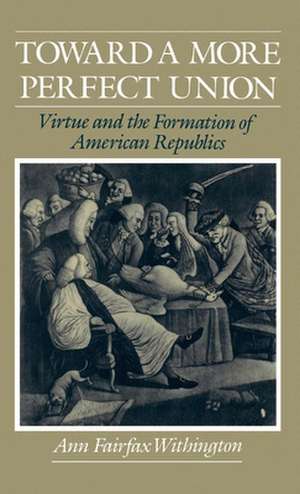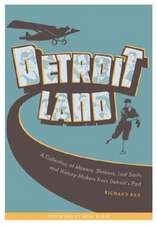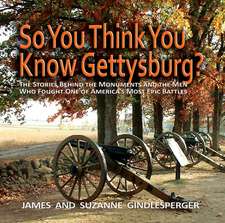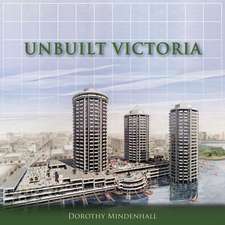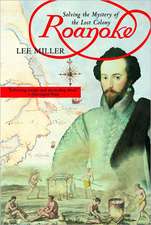Toward a More Perfect Union: Virtue and the Formation of American Republics
Autor Ann Fairfax Withingtonen Limba Engleză Hardback – 12 mar 1992
| Toate formatele și edițiile | Preț | Express |
|---|---|---|
| Paperback (1) | 259.30 lei 31-37 zile | |
| Oxford University Press – 4 iul 1996 | 259.30 lei 31-37 zile | |
| Hardback (1) | 425.34 lei 31-37 zile | |
| OUP OXFORD – 12 mar 1992 | 425.34 lei 31-37 zile |
Preț: 425.34 lei
Preț vechi: 619.09 lei
-31% Nou
Puncte Express: 638
Preț estimativ în valută:
81.39€ • 84.98$ • 67.21£
81.39€ • 84.98$ • 67.21£
Carte tipărită la comandă
Livrare economică 04-10 aprilie
Preluare comenzi: 021 569.72.76
Specificații
ISBN-13: 9780195068351
ISBN-10: 0195068351
Pagini: 304
Ilustrații: 18 pp halftones
Dimensiuni: 148 x 217 x 31 mm
Greutate: 0.5 kg
Editura: OUP OXFORD
Colecția OUP Oxford
Locul publicării:Oxford, United States
ISBN-10: 0195068351
Pagini: 304
Ilustrații: 18 pp halftones
Dimensiuni: 148 x 217 x 31 mm
Greutate: 0.5 kg
Editura: OUP OXFORD
Colecția OUP Oxford
Locul publicării:Oxford, United States
Recenzii
A convincing account, writen with unusual wit and style, of the manner in which colonial American self-righteousness and self-denials contributed to a change of sensibility that prepared the way for Independence.
An important and readable book by a gifted author.
Original and deeply interesting....I like this study very much. It is an important book and well-researched. It will add luster to any publisher's list.
Withington's book is imaginative and carefully argued and makes a major contribution to the ongoing debate over the meaning of American republicanism.
This book happens to be a particularly bright and imaginative exemplar of that genre which repays a careful reading with many original and important insights into our revolutionary past.
An important and readable book by a gifted author.
Original and deeply interesting....I like this study very much. It is an important book and well-researched. It will add luster to any publisher's list.
Withington's book is imaginative and carefully argued and makes a major contribution to the ongoing debate over the meaning of American republicanism.
This book happens to be a particularly bright and imaginative exemplar of that genre which repays a careful reading with many original and important insights into our revolutionary past.
